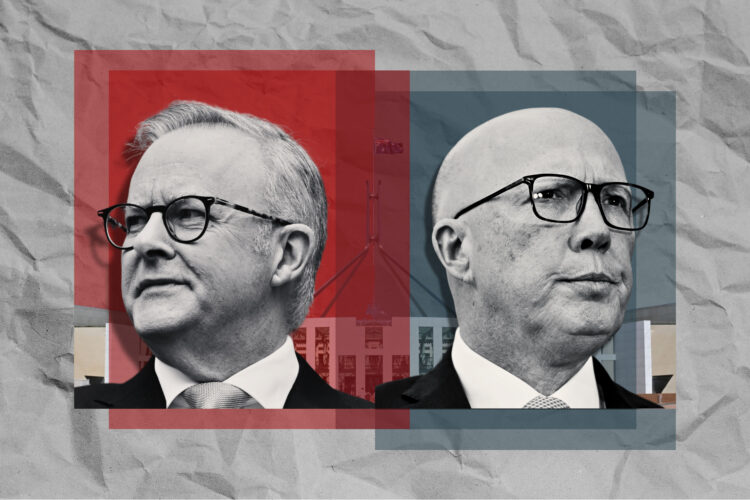Disinformation bots targeting Dutton, boosting Albanese reports AAP
AAP has a story on disinformation bots on social media you may find interesting:
The culprit behind a disinformation campaign targeting coalition leaders could be someone local, one expert believes.
A sophisticated influence effort from an account on social media platform X, formerly known as Twitter, has been uncovered during the federal election via analysis conducted for AAP by online disinformation tracking company Cyabra.
The account has almost 30,000 followers including Australian politicians, journalists and political commentators.
Only publicly available data was analysed, meaning attribution is tricky without internet addresses being tracked.
But the behaviour of the account – the handle of which AAP knows but has opted not to publish – is suspicious.
A substantial volume of posts have spread negative content targeting Opposition Leader Peter Dutton while other fake accounts have amplified their reach.
Almost one in three of more than 2600 X profiles commenting on the posts, sampled by Cyabra between April 21 and 28, were identified as fake.
“The fake profiles flooded the comment sections with harmful remarks against Dutton and, at times, (Nationals Leader) David Littleproud, portraying them as untrustworthy and ridiculing their credibility,” Cyabra said in its report.
The fake profiles also promote positive content about Prime Minister Anthony Albanese “further reinforcing the account’s narrative strategy”, it added.
This was done by using co-ordinated posting schedules, fake accounts impersonating locals, emotionally charged attacks on politicians and inserting a flood of comments to make it look like there was community support.
These behaviours align with tactics historically observed in influence operations, especially those involving mid-sized bot networks used to sway political discourse during high-stakes moments.
Disinformation and misinformation had been “flowing thick and fast” during the 2025 federal election campaign, communications expert Andrew Hughes told AAP.
“It starts at the top of course with the leaders misrepresenting each other,” he said.
Disinformation and misinformation is used by both state actors and locals.
The example provided to AAP “strikes me as local political actors, people with strong opinions seeking to influence voters using misinformation and disinformation,” Dr Hughes said.
While democracies were being targeted by state actors, such as Russia seeking to “exacerbate divisions in society”, there was no evidence it was happening during Australia’s election, he said.
Mr Albanese on Thursday flagged another attempt at truth in political advertising laws, as independents vow to leverage power in a minority government to ban inaccurate or misleading ads during election campaigns.
Voters go to the polls on Saturday.

